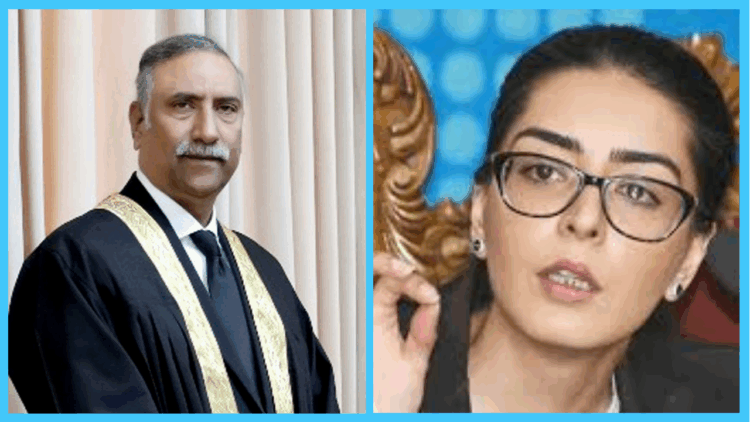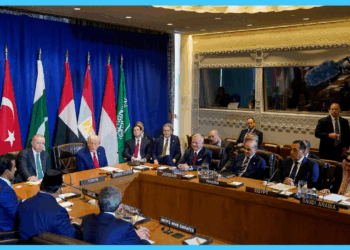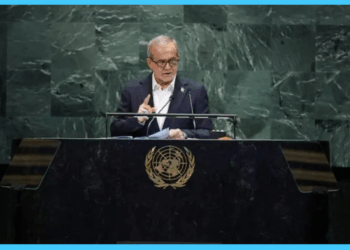ISLAMABAD; Advocate Imaan Zainab Mazari-Hazir has formally approached the Supreme Judicial Council (SJC) against Islamabad High Court (IHC) Chief Justice Sarfaraz Dogar, accusing him of abuse of authority after the IHC administration abruptly removed Justice Saman Rafat Imtiaz from her role as the competent authority for workplace harassment complaints.
According to media reports, Mazari’s initial complaint was lodged after Justice Dogar allegedly threatened her with contempt proceedings and reportedly made inappropriate remarks during a recent hearing. Several lawyers’ bodies had condemned the incident, urging Dogar’s dismissal. In response, Mazari filed a harassment complaint before the IHC’s workplace harassment committee and simultaneously submitted a reference of misconduct against the chief justice to the SJC.
Justice Imtiaz, the only female judge on the IHC bench, took cognisance of Mazari’s complaint and even formed a three-member inquiry committee. However, within hours, the IHC administration de-notified her and replaced her with Justice Inaam Ameen Minhas, a move Mazari termed “arbitrary and mala fide.” She has now filed an addendum before the SJC, alleging that Dogar directly interfered in the complaint process to protect himself.
Mazari stated on X that IHC officials, including the registrar and inspection team, had earlier refused to forward her complaint, leaving her no choice but to hand it directly to Justice Imtiaz. She argued this episode underscored a broader culture of male-dominated institutions suppressing harassment complaints from women.
The lawyer also alleged that cases linked to her, which had not been fixed previously, were suddenly listed before Justice Dogar after her complaint. She said her proxy counsel’s request for a transfer was rejected, with Dogar repeatedly steering the discussion toward the harassment incident. Separately, Mazari claimed that a fresh case against her was hurriedly revived by the National Cyber Crime Investigation Authority soon after her complaint, with a challan filed and hearing scheduled in a trial court under IHC supervision.
Calling the developments a “brazen abuse of power,” Mazari urged the SJC to take immediate action. “Such unchecked coercive authority not only affects my practice but also undermines the rights of my clients,” she maintained.
Meanwhile, a separate controversy emerged as Advocate Adnan Iqbal filed a reference in the Islamabad Bar Council (IBC), seeking cancellation of Mazari’s licence. The reference accuses her of involvement in “anti-state activities” and running a smear campaign against state institutions. It cites alleged links with banned outfits, including the Tehreek-i-Taliban Pakistan (TTP) and Baloch Liberation Army (BLA), and claims she has repeatedly delivered speeches instigating hostility against state institutions.
Filed under Section 41 of the Legal Practitioners and Bar Councils Act, the reference requests that Mazari’s licence be suspended immediately, pending disciplinary proceedings.
With complaints now pending before both the SJC and IBC, Mazari’s legal and professional future is under intense scrutiny, highlighting the deepening friction between the country’s judiciary, bar councils, and rights advocates.

























